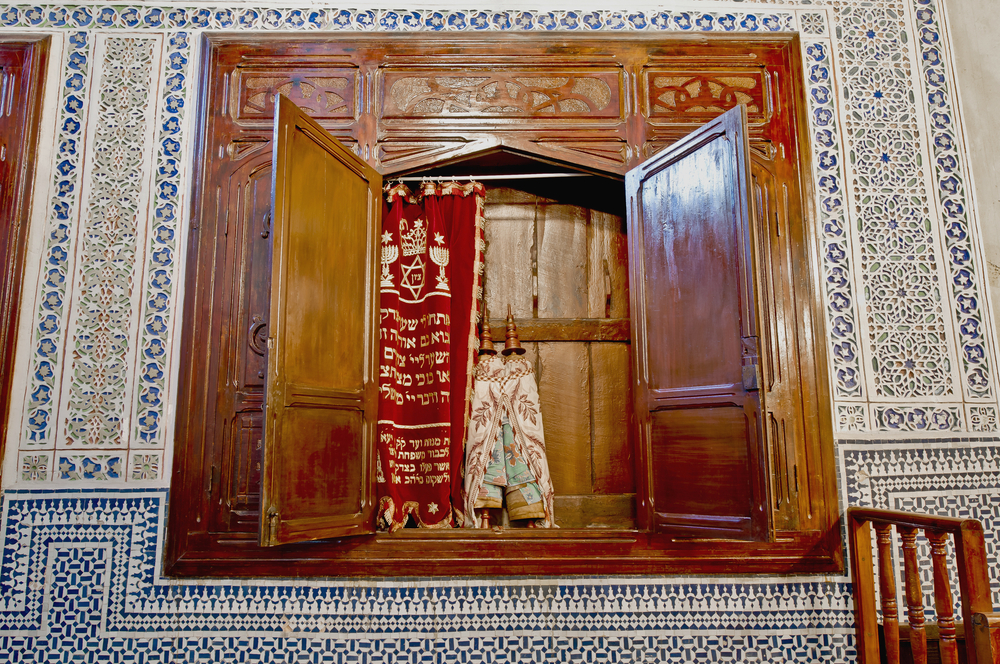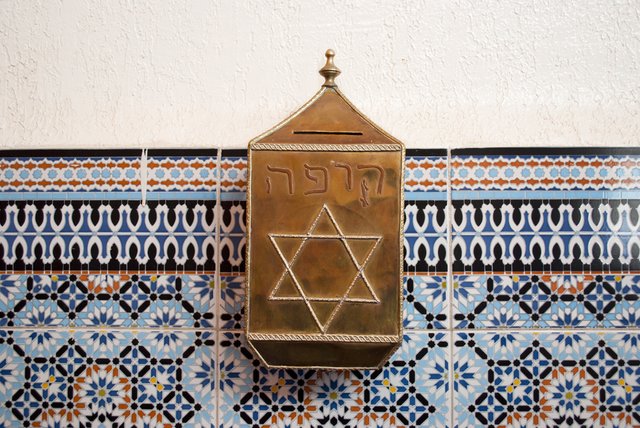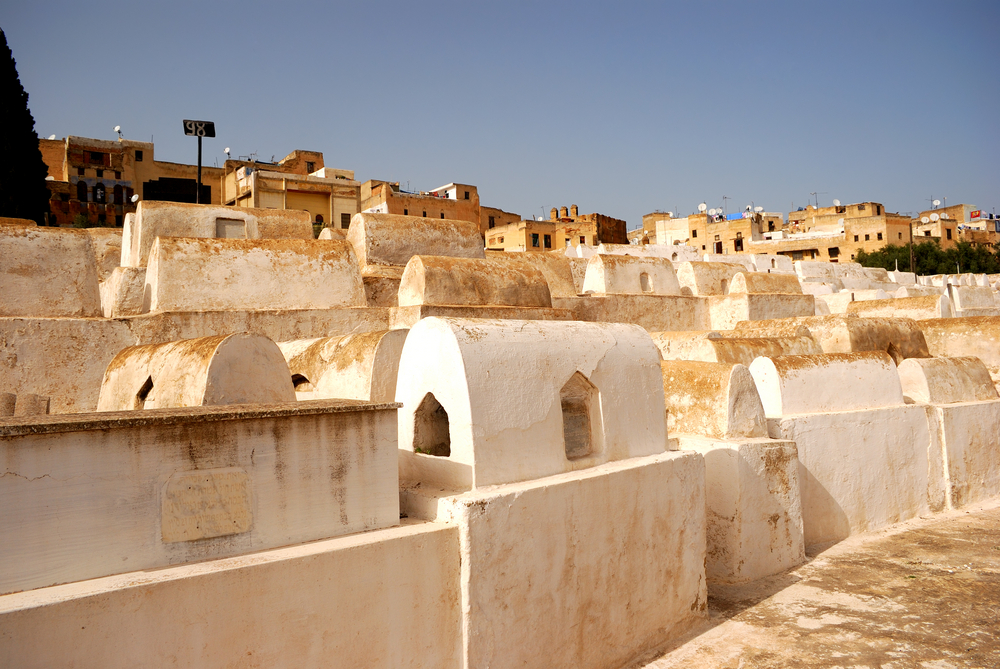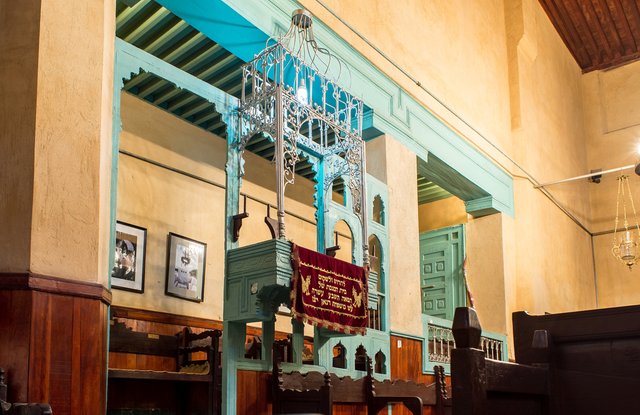History of the Jews in Morocco

Moroccan Jews constitute an antiquated group. Prior to the establishing of Israel in 1948, there were around 250,000 to 350,000 Jews in the nation, which gave Morocco the biggest Jewish people group in the Muslim world, yet less than 2,500 or so remain. Jews in Morocco, initially speakers of Berber dialects, Judeo-Moroccan Arabic or Judaeo-Spanish, were the first in the nation to embrace the French dialect, and not at all like the all inclusive community, it remains the principle (and as a rule, the elite) dialect of individuals from the Jewish people group there.
The Jewish nearness goes back more than 2,500 years, to the season of the Carthaginian state. The Hebrew or Aramaic dialects utilized by Jews were firmly identified with the Punic dialect of the Carthaginians; numerous Jews additionally settled among Berbers and embraced their dialects. At the point when the Jews started to scatter all through the Roman domain after the Roman victory of Judaea ( in 6 CE/AD ), many settled in Mauretania including some portion of cutting edge Morocco. These pioneers occupied with agribusiness, steers raising, and exchanges.

They were partitioned into bodies likened to tribes, administered by their individual heads, and needed to pay the Romans a capitation-duty of two shekels. Afterward, under the domain of the Romans and (after 429) the Vandals, Mauretanian Jews supposedly expanded in number and succeeded.
As Christianity was received by the Roman express, the congregation Councils of Carthage embraced arrangements that victimized disciples to Judaism.
The Justinian decree of mistreatment for North Africa, issued after Vandal control had been toppled and Mauretania had gone under the territory of the Byzantines (534), was coordinated against the Jews and also the Arians, the Donatists, and different protesters.
In the seventh century, the Jewish populace of Mauretania got as a further increase from Iberian promontory the individuals who wished to escape Visigothic enactment.

Toward the finish of that century, at the season of the colossal Arab triumphs in northwestern Africa, there were in Mauretania, as indicated by the Arab students of history, numerous Jews.
It was an as far as anyone knows Berber Jewish lady Dahiyah, or Damia (mixed up personality), also called Kahina, who stimulated her kin in the Aures, the eastern goads of the Atlas Mountains in Algeria, to a last albeit pointless imperviousness to the Arab general Hasan ibn a Nu'man.
As in the Hellenic grounds of Christendom, so likewise in Mauretania, Judaism automatically arranged the path for Islam; and the change of the Berbers to Islam occurred so much the all the more effortlessly. Berbers likewise acknowledged Islam while others were convinced by the way that the opposite side had been effective. The Jews were to a great extent acknowledged.
In any case, the hypothesis of monstrous Judaization of the Berber populace is raised doubt about by the current investigation on the mtDNA (transmitted from mother to kids).
In the examination completed by Doron et al. show that Jews from North Africa need normally North African Hg M1 and U6 mtDNAs. Henceforth, the absence of U6 and M1 chromosomes among the North African renders the likelihood of huge admixture between the nearby Arab and Berber populaces with Jews improbable.
Since the city of Fez was established in 808 AD, it pulled in an assorted sort of populace from all around the zone, among those new newcomers came the Jews who contributed their business abilities to the new created economy. They settled in the medina of Fez, and shaped a steady group, which was an essential piece of the city life.

The brilliant age of the Jewish people group in Fez went on for just about three hundred years, from the ninth to eleventh hundreds of years. Its yeshivot (religious schools) pulled in splendid researchers, artists and grammarians. Amid the twelfth century under the control of the Al-muwahhids, the particular status of the Jews ceased to exist and an area of the group was ousted to Algeria in around 987.
In the vicinity of 1035 and 1068, the intrusions of the Almoravides and Almohades, aficionado Muslim orders caused demolition, dread and bedlam to the Jewish people group in Fez.
It is assessed that 6,000 Jews were slaughtered amid those occasions. Al-muwahhids, was an activist line who was resolved to oust each one of the individuals who did not share his religious convictions, for example, Jews. The Jews were compelled to change over to Islam; the individuals who declined were banished.
A portion of the Jews who changed over to Islam still kept in mystery their confidence and kept the two personalities together.
Casablanca gloats 17 dynamic synagogues, three Jewish schools, a broad Jewish gallery, and a group focus that administers to the wiped out and elderly. Be that as it may, the mellahs (Jewish quarters) of other Moroccan urban areas stand purge or repurposed.
On account of the mass migration, some in Morocco are hustling to protect the nation's Jewish culture and group. At the Jewish Museum in Casablanca, which is the just a single in the Arab world, Muslim keeper Zhor Rehihil is passing on the historical backdrop of Morocco's Jews to all who visit.
Also, American researcher Vanessa Paloma has propelled KHOYA, an oral file of Jewish sounds, tunes and meetings that she plans to one day make accessible to all Moroccans. "Indeed, even with every one of the defects that exist here, what Morocco has is astounding. I don't need the future to lose that. I feel that it is basic, it is our obligation," she said.
For Paloma, conservation is the appropriate response. "In the following 20, 30 or 40 years, will the Jewish people group still be here and flourishing? I trust so. In any case, we don't have a clue."
Hi! I am a robot. I just upvoted you! I found similar content that readers might be interested in:
http://wikivisually.com/wiki/History_of_the_Jews_in_Morocco
Hi, I'm going to Morocco in a short time and your articles are really good! thank you for this informations !